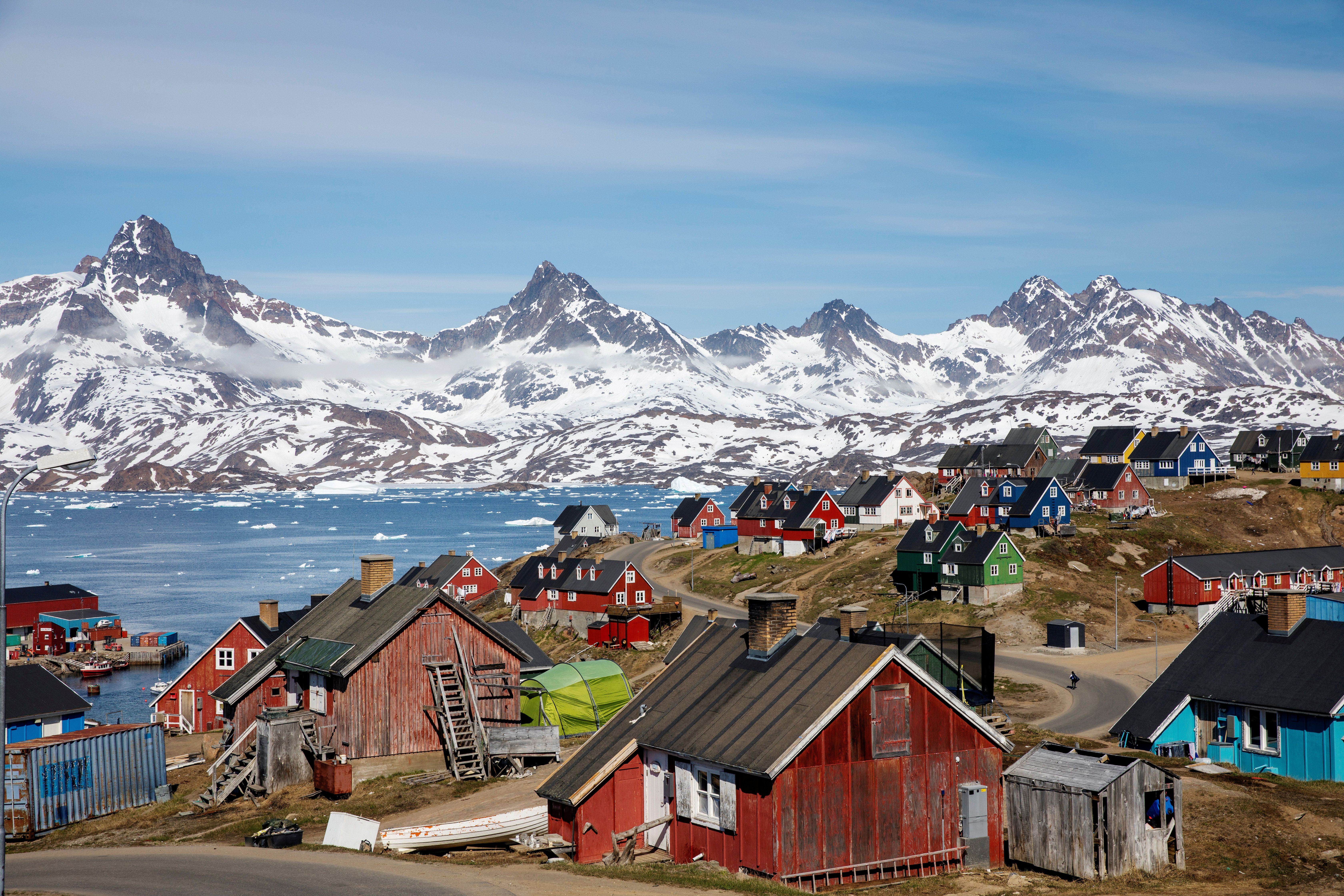When Donald Trump first started talking about buying Greenland last week, we figured it was a weird story with less legs than a Harp seal.
Signal readers, we were wrong. President Trump was so serious about purchasing the autonomous Danish territory that this week he abruptly cancelled a trip to Denmark after the country's prime minister, Mette Frederiksen, labelled the idea "absurd."
So is the idea of buying Greenland really absurd? Well, yes, in the sense that in today's world countries generally don't operate like real estate developers, buying and selling each other's territory. And even if Denmark wanted to sell Greenland, which it rules only nominally, it's not clear it actually could do so without Greenland's approval.
But wanting to buy Greenland isn't absurd at all. The Truman administration even looked into it in the 1940s, when it was seen as an Arctic chess piece in the Cold War. The US has had an airbase there since World War Two.
Today, the reasons are different, and they have a lot to do with one thing: climate change. There are huge reserves of gas, metals, oil, and rare earth elements underneath all that Arctic ice, to which Greenland lays some claim. As global warming thaws Greenland's glaciers faster and faster, those resources will become more accessible. At the same time, less polar ice means lucrative new Arctic shipping lanes are opening up – China and Russia are already angling to dominate those passages.
And that's another reason the US might be interested in Greenland: China, Washington's "strategic competitor," is already there. In recent years, Beijing has been cutting big checks to the island, including buying a significant stake in a big rare earths mining project and offering to build new airports.
A few hundred million dollars of foreign investment makes a huge impact on an economy as small and underdeveloped as Greenland's. The US has leaned on Denmark to undermine China's investment drive, but Washington has no comparable effort to win hearts and minds there.
So there are plenty of good reasons to want more influence in Greenland. But by assuming that the island was for sale when no one ever said it was, and then antagonizing his Danish counterpart for rebuffing him, Trump took a sensible idea – closer ties with a strategically and economically important island – and turned it into a counterproductive diplomatic circus that may in fact undermine Washington's ability to get what it wants.
